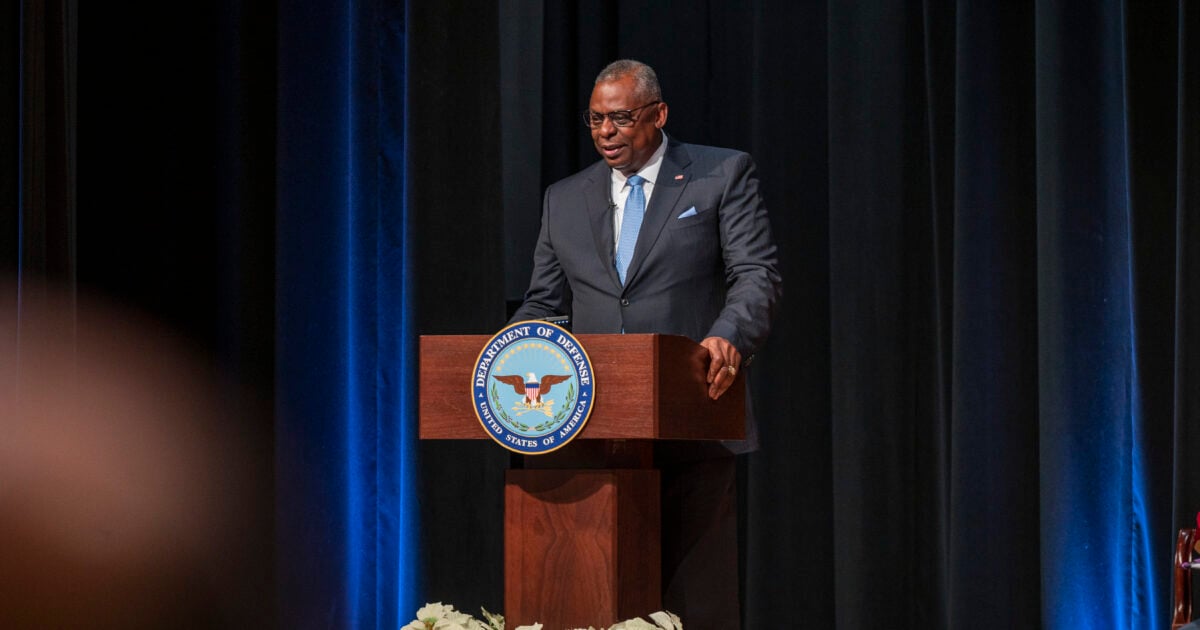SPOILER ALERT: This review contains spoilers for Season 2 of “Yellowjackets,” now streaming on Showtime.
Compared to the feverish, fan-theory-fueled heights of Season 1, the response to “Yellowjackets” has felt more muted the second time around. This lowered volume is partly due to factors outside the Showtime drama’s control. The network programmed the new season in the midst of a crowded Emmys rush, pitting it directly against fellow contenders like the final chapter of “Succession.” A confusing release schedule split new episodes between Fridays, when they became available to stream on an app that soon won’t exist, and Sundays, when they aired on Showtime’s linear network — diffusing the impact of a plot-driven, suspenseful show that might otherwise become live-tweeted, appointment TV. Worse yet, Showtime’s standalone app will be merged with Paramount+ in a month, but not in time to expose “Yellowjackets” to a potential wider audience.
But the series’ problems haven’t just been with scheduling. They’re also creative, a truth cemented by this week’s finale and its shocking, if clumsily executed, character death. The namesake soccer team’s struggle to survive in the Canadian wilderness is still riveting to watch; so, at times, are their older selves’ attempts to reckon with their trauma. But as “Yellowjackets” heads into a previously announced Season 3, there’s a widening gap between the two timelines. The flashbacks, while not without issues, are much better situated to tell a focused story; the present tense has some inherent handicaps that have grown more obvious as the show has gone on, worsened by a few unforced errors.
In the 1990s, the Yellowjackets are enduring their first real winter, a stress on their bodies that’s even more taxing on their already fragile minds. After team captain Jackie (Ella Purnell) froze to death at the end of last season, Lottie (Courtney Eaton) has reluctantly stepped in as a sort of spiritual leader. A diagnosed schizophrenic, Lottie has sporadic visions, but she’s not the only one. Closeted coach Ben (Steven Kreuger) sees the boyfriend he left behind; Akilah (Keeya King) tends to a pet mouse that turns out to be a shriveled carcass; in a harrowing midseason scene, Shauna (Sophie Nélisse) gives birth and gets her newborn son to breastfeed, only to learn he was stillborn and she’s been hallucinating — just like the chats she had with Jackie’s body before she and her friends devoured it, the group’s first step on the slippery slope to ritual cannibalism.
“Yellowjackets” lives in the gray area between the supernatural and the psychological. Whether “the wilderness” is a sentient, diabolical force or a projection of the girls’ inner angst is left intentionally ambiguous, the better to play the characters off one another. But in the earlier timeline, which takes place in the year and a half before the team is eventually rescued, this question is active and urgent. With everyone crammed into a confined space, the typical tensions among teen girls are ratcheted up with life-or-death stakes. As an audience, we experience their unraveling alongside them: from Shauna (literally) icing out her best friend to Misty (Samantha Hanratty) backing hers off a cliff; from eating Jackie’s corpse out of unplanned opportunity to letting Javi (Luciano Leroux) drown so they can make him their next meal.
In the 21st century, “Yellowjackets” is more diffuse. It has to be: the former teammates are now adults with their own lives, children and careers. In Season 1, four of the survivors came together against an anonymous blackmailer, but in Season 2, that shared threat has been resolved. (It was Shauna’s husband, though she initially hides that from the rest of the group.) The show’s adult protagonists scattered to their separate corners and didn’t reunite until the penultimate scene of Episode 6, when the action converges on an upstate wellness center run by an adult Lottie (Simone Kessell), now going by Charlotte. If the earlier timeline gains strength in numbers, the later one loses momentum by splitting the cast up. With so many separate threads to weave together, some were inevitably underserved. Did you know Taissa (Tawny Cypress) is a sitting state senator? Her show doesn’t seem to.
When the Yellowjackets are in the same room, they’re muzzled by restrictions that have nothing to do with how they’d organically act in their situation. “Yellowjackets,” the show, can’t spoil us on what happens next in the woods, so the Yellowjackets, the women, can’t speak in detail about what they’ve been through. Some of that vagueness tracks with the repression and memory gaps that can come with PTSD, but the longer “Yellowjackets” goes on, the less believable the lack of specifics beyond “what we did out there” starts to feel. Instead, the show distracts us with shiny objects like Shauna’s attempts to cover up her lover’s murder, or the friendship between Natalie (Juliette Lewis) and Lisa (Nicole Maines), a Lottie disciple who reminds Nat of her younger self.
Lisa has never felt like the strongest addition to the ensemble, and her arc’s conclusion only compounds the unfavorable impression. For unclear reasons, Lisa intrudes on a Yellowjackets reunion — read: sacrificial hunt — with a shotgun. Before Misty (Christina Ricci) can inject her with phenobarbital, her murder weapon of choice, Natalie acts as a human shield, taking the needle on Lisa’s behalf. The self-sacrifice is a callback to her earlier decision to let Javi die in her stead, but it still feels abrupt, reducing Lisa to little more than a catalyst for Natalie’s self-discovery. As an outsider, Lisa bears the brunt of this season’s difficulty with incorporating new additions, but the grown-up versions of Lottie and Taissa’s ex Van (Lauren Ambrose) haven’t fared much better. Van, now the owner of a queer-themed video store living with terminal cancer, gets only a handful of scenes to establish her current mental state. Lottie was teased as a potential antagonist, but starts from the same place of deep-seated denial as her peers, passing up a chance for some exciting friction with her former acolytes.
Earlier in the finale, the Yellowjackets do finally turn on each other, arguing over the secrets they’ve kept and rash decisions they’ve made. It’s a welcome dose of the desperate lashing out that defines the flashbacks, and a showcase for how “Yellowjackets” can delightfully undermine tropes like girl power and feminist solidarity. These are selfish, violent and frequently quite funny people, all the more so for having several decades of life experience behind them. The later timeline has its highlights, just as the earlier one has its flaws. (A passing of the torch from Lottie to Natalie doesn’t totally scan; you can’t exactly transfer a cult of personality.) But at the end of Season 2, the latter is better positioned to give a streamlined take on the themes “Yellowjackets” does best, from body horror to platonic rivalry. There’s still an appetite for more, if only the show can adjust its recipe.










